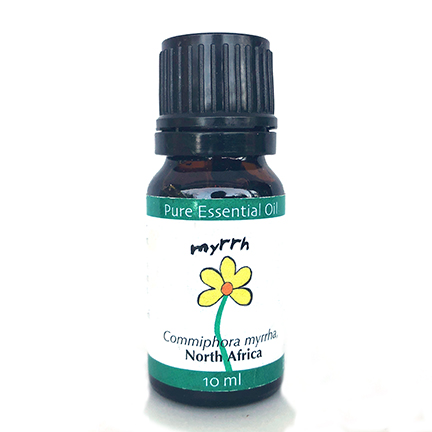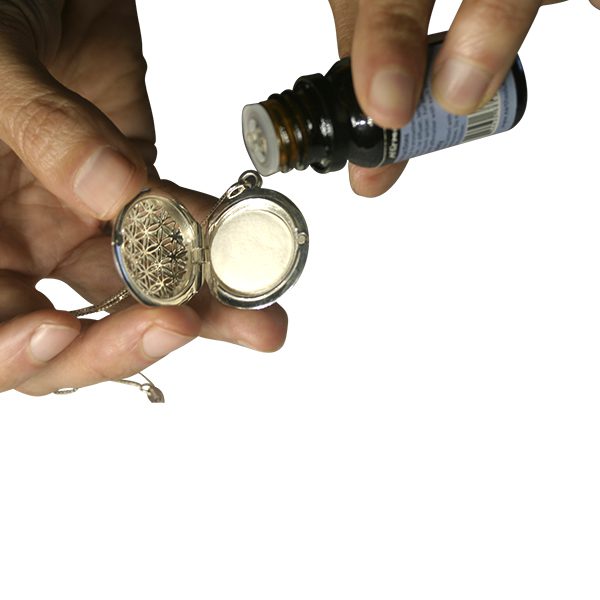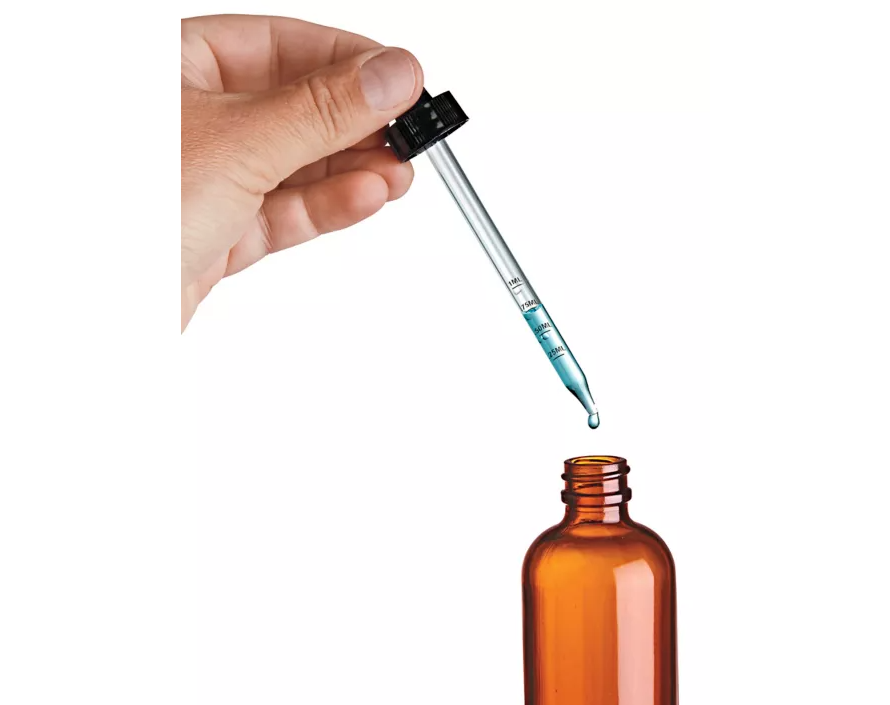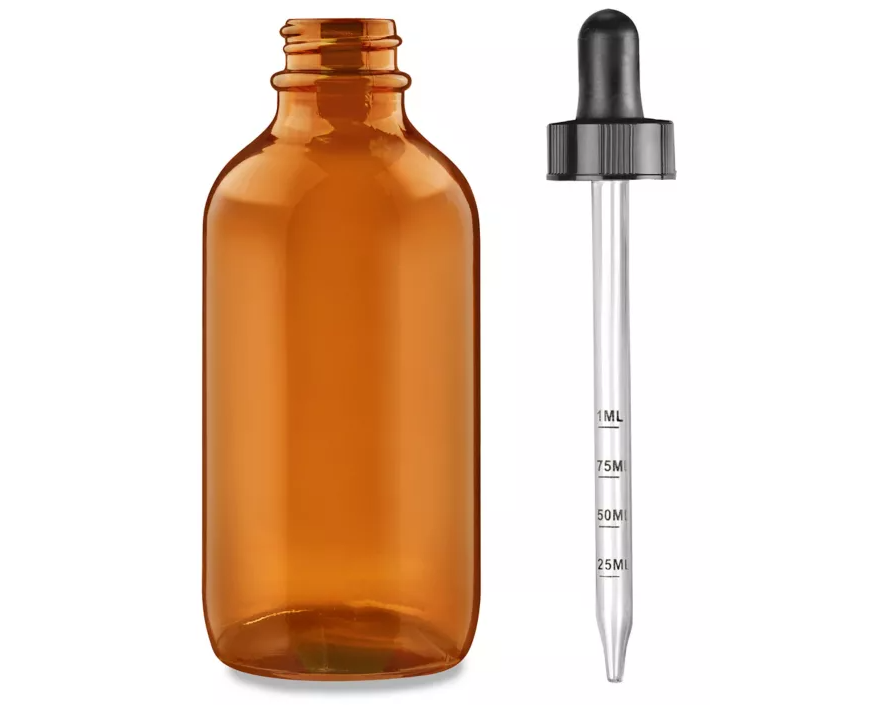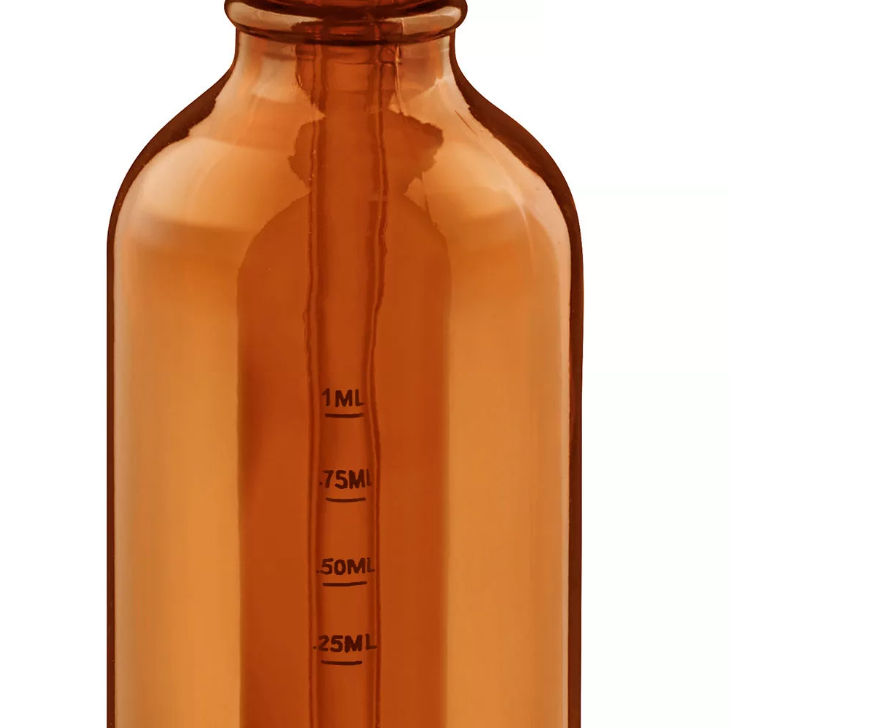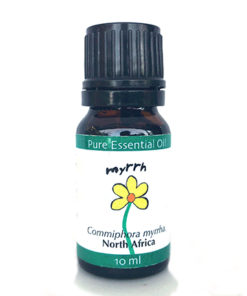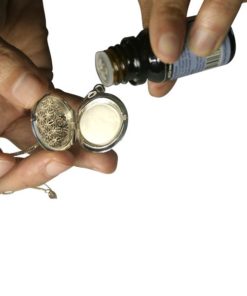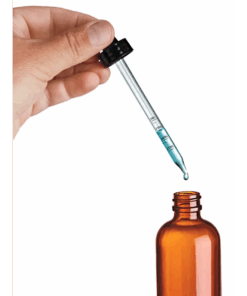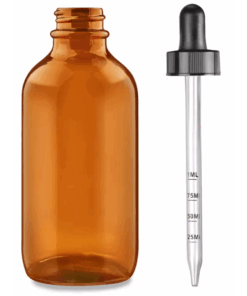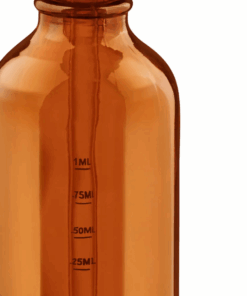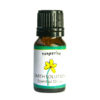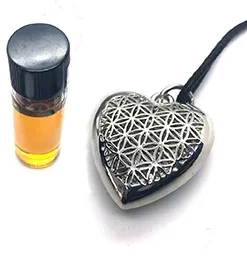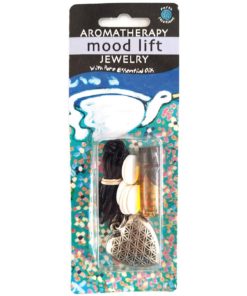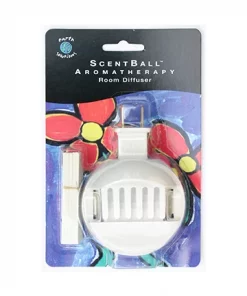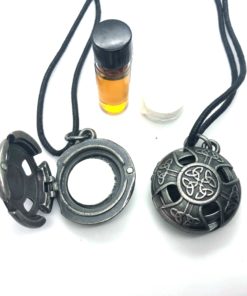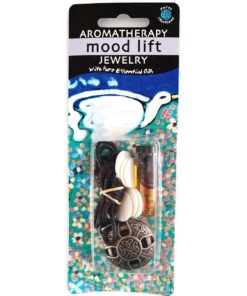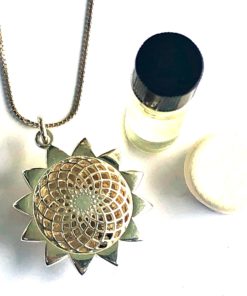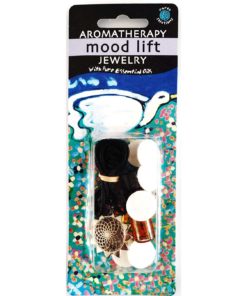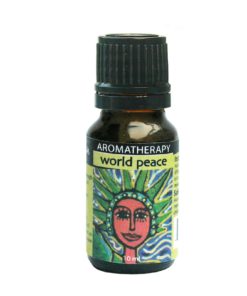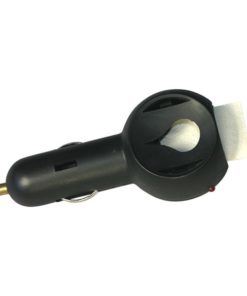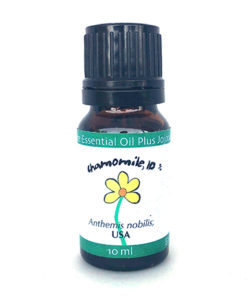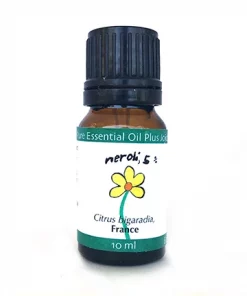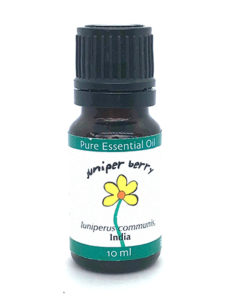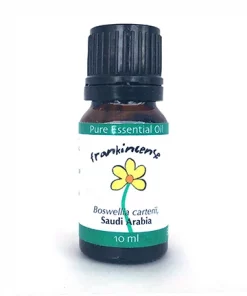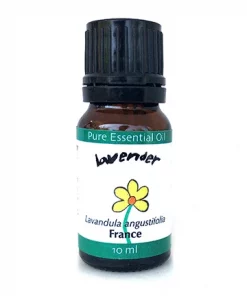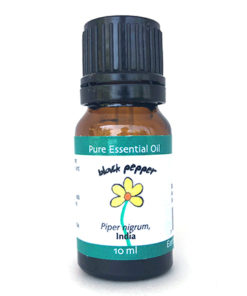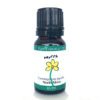Single Note Essential Oil | Myrrh | 10ml, 4oz
$17.95
Essential Oil of Myrrh
Myrrh Essential Oil for Skin and Wound Healing | Aromatherapy Oil for Gums and Oral Health
Myrrh essential oil is one of the oldest and most valued natural remedies for its skin health, wound care, and oral hygiene properties. Distilled from the resin of the Commiphora myrrha tree, this oil has a warm, balsamic aroma that promotes grounding and emotional balance. Used in aromatherapy for skin and wound healing, Myrrh essential oil helps soothe inflammation, prevent infection, and support cellular renewal. It also offers aromatherapy for stress relief and meditation, creating a serene atmosphere that calms the mind and eases tension.
Therapeutic Actions
- Skin Health and Wound Care: Myrrh essential oil reduces inflammation, accelerates healing of minor cuts and scrapes, and helps fade signs of aging.
- Antiseptic and Antibacterial: Known for centuries, Myrrh oil protects skin from infection while cleansing wounds and blemishes.
- Oral Hygiene: Myrrh essential oil for gums supports gum health, freshens breath, and helps fight mouth bacteria that cause ulcers and inflammation.
- Respiratory Support: Diffused Myrrh oil for congestion can help clear airways and ease cough or phlegm buildup.
- Stress Relief and Meditation: In aromatherapy for stress, Myrrh essential oil encourages calm focus, grounding, and emotional stability.
- Antioxidant: Myrrh oil contains potent antioxidant compounds that protect against oxidative damage and support skin renewal.
- Antifungal: Myrrh essential oil helps defend against athlete’s foot and other fungal skin irritations.
Key Terpenes and Active Compounds
- Furanoeudesma-1,3-diene – an analgesic and anti-inflammatory terpene in Myrrh essential oil that promotes pain relief and tissue regeneration.
- Curzerene – a potent antioxidant terpene supporting cellular repair and immune balance.
- Lindestrene – antiseptic terpene that enhances Myrrh oil’s ability to cleanse wounds and fight infection.
- β-Elemene – antioxidant and cytoprotective terpene studied for skin and immune health benefits.
Scientific Insight
Research shows that Myrrh essential oil demonstrates powerful antimicrobial and anti-inflammatory properties, making it valuable for natural wound care and oral health. Its terpenes, including furanoeudesma-1,3-diene and curzerene, have been shown to promote healing and reduce oxidative stress. Inhalation of Myrrh oil in aromatherapy supports relaxation and balanced respiration, while topical use helps restore the skin barrier and reduce signs of irritation.
How to Use
- Topical: Apply diluted Myrrh essential oil for skin healing to minor cuts, irritations, or acne scars using a 1–2% dilution.
- Oral Care: Add 1 drop of Myrrh oil for gum health to a glass of warm water and use as a natural mouth rinse (do not swallow).
- Diffusion: Use 3–4 drops of Myrrh oil for stress relief in a diffuser to calm the mind and promote focus during meditation.
- Inhalation: Breathe in steam infused with Myrrh essential oil to ease congestion and support respiratory wellness.
- Massage: Combine Myrrh oil with carrier oil and apply to skin for grounding relaxation and antioxidant nourishment.
Aromatic Profile
Character: Warm, resinous, balsamic, and slightly spicy
Botanical name: Commiphora myrrha
Part used: Resin gum | Extraction: Steam distillation
Note: Base | Strength: Medium to Strong
Chakra association: Root and Throat – grounding, truth, and purification
Suggested Synergy Blend
For skin healing and emotional balance, combine:
6 drops Myrrh 5 drops Frankincense 4 drops Lavender 2 drops Sandalwood
This blend supports regeneration, relieves stress, and promotes peace of mind and balanced energy.
Precautions
- Myrrh essential oil is safe for topical use when diluted. Avoid use on open wounds or during pregnancy.
- Not for internal consumption. Use mouth rinse only under guidance and do not swallow.
- May thicken over time; warm gently before use if necessary.
- Use high-quality, therapeutic-grade oil such as Earth Solutions Myrrh Essential Oil.

